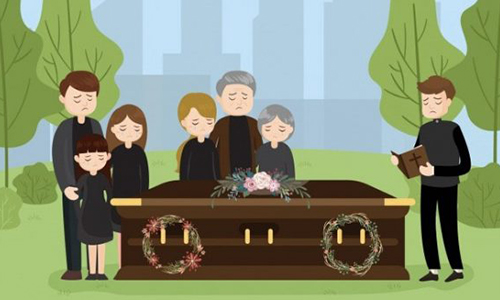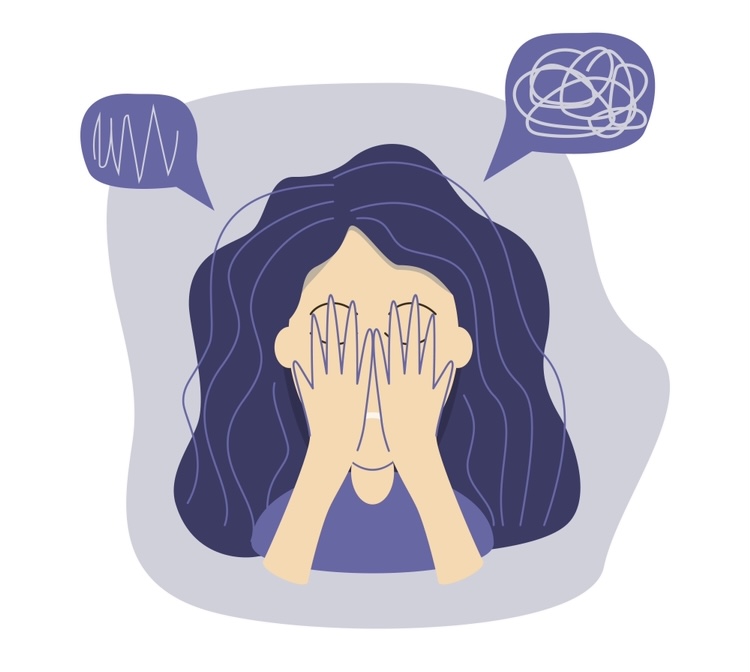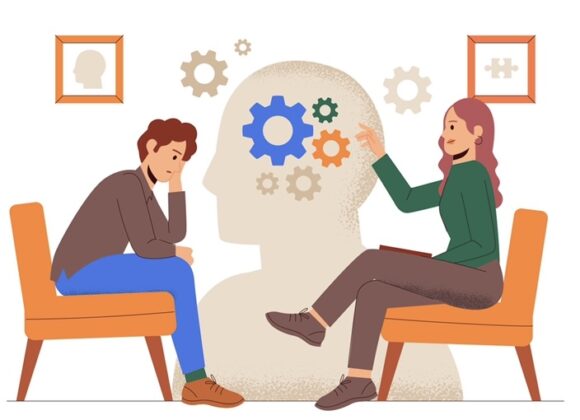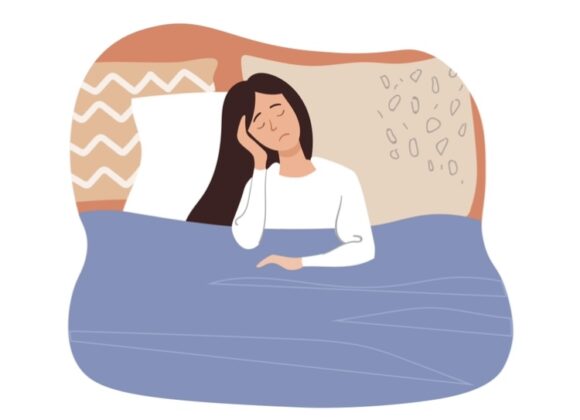Bereavement

You may experience…

-
Shock and numbness, this is usually the first reaction to the death, people often speak of being in a daze.
-
Overwhelming sadness and a lot of crying
-
Tiredness and exhaustion.
-
Anger about the person who has died, their illness, or about God.
-
Guilt, for example about feeling angry regarding something you said or didn’t say, or about not being able to stop your loved one dying.
The GOV.UK website has information on what to do after someone dies, such as registering the death and planning a funeral.
Helping to cope with grief is about talking through and sharing your feelings with someone who can help. Never feel that you are alone. For a lot of people, relying on family and friends is the only way they feel that they can cope.
If you don’t feel you can talk to them much.
You can contact local bereavement services through…

-
your local hospice
-
the national Cruse helpline on 0808 808 1677
-
your GP
Find local bereavement support services listed on the Cruse website.
A bereavement counsellor can give you time and space to talk about your feelings, including the person who has died, your relationship, family, work, fears and the future.
Everyone can have access to a bereavement counsellor at any time, even if the person died a long time ago.

Don’t be afraid to talk about the person who has died. Sometimes people might not mention their name because they don’t want to upset you. Anniversaries and special occasions can be hard, so do whatever you need to do to get through the day. This might be taking a day off work to do something that reminds you of that person, such as taking a favourite walk or having a favourite meal.
Each bereavement is unique and you can’t tell how long it will last as there is no time limit on grief, so please do not think for one moment that you should ” be over it by now”
Your GP or a bereavement counsellor can help if you feel you’re not coping. Some people also seek support through a religious minister.
You may need some help if…

-
you can’t get out of bed
-
you neglect yourself or your family – for example, you don’t eat properly
-
you feel you can’t go on without the person you’ve lost
-
the emotion is so intense it’s affecting the rest of your life – for example, you can’t face going to work or you’re taking your anger out on someone else.
Some people turn to alcohol or drugs during difficult times. Get help cutting down on alcohol, or see the Frank website for information on drugs.
